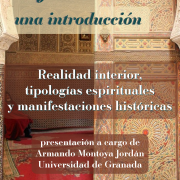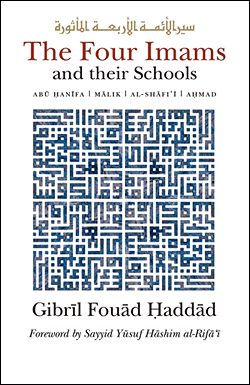18.03.2023 – SUFISMO: realidad interior, tipologías espirituales y manifestaciones históricas

Vía espiritual por excelencia de la tradición islámica, el sufismo se ha manifestado a través de la historia del último milenio como una realidad que se mantiene vigente en el tiempo, no obstante los grandes cambios paradigmáticos que se suscitado desde los albores de la modernidad, A través de las enseñanzas de sus más ilustres maestros, la tradición del tasawwuf ha sabido hacer frente a los desafíos espirituales, morales y sociales de cada época, renovando y revivificando los aspectos más esenciales del credo islámico.
Para los visionarios sufíes la intima relación entre la divinidad y el ser humano, narrada con misteriosa belleza por la revelación coránica, resulta indicativo del profundo vinculo entre conocimiento y existencia. De ahí que aquellos aludan a sus enseñanzas con expresiones tales como ‘realidad viva’ o ‘forma de conocimiento directo’; se trata pues de modalidades espirituales que se inspiran en el dhikr, la
practica de la invocación y el recuerdo de los más bellos Nombres de Dios y que conducen a la anamnesis de la conciencia humana. Desde esa perspectiva espiritual el conocimiento se manifiesta pues como una modalidad del ser y no como una cualificación puramente intelectual o mental, es decir que es eminentemente existencial y no exclusivamente propositiva. En otras palabras el tasawwuf entraña un equilibrio entre el plano exterior y la dimensión interior, de ahí que se diga que es la quintaesencia misma del islam, el corazón de toda santa sapienza y la tradición heredera del modelo profético por excelencia.
Presentación de Armando Montoya Jordán, de la Universidad de Granada – sábado 18 de marzo 2023 a las 16h Dios mediante




